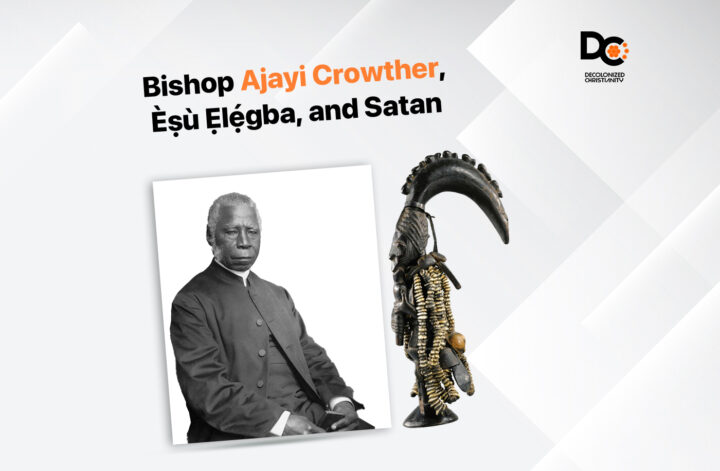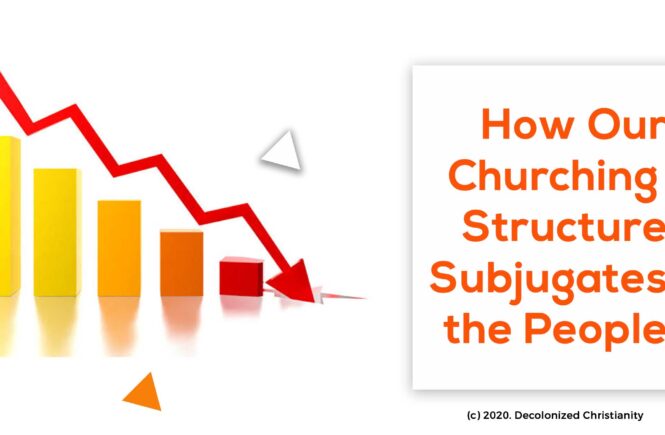Who directed the affairs of the church?
Interestingly, we see a pattern: whenever New Testament writers refer to the leadership of local churches, they used a plural term, “elders.” We see this a lot in Acts but also in other books. For example, Acts 15:6, 11:30, 20:17, 21:18, 14:23, 15:22; Titus 1:5, and James 5:14. Now, we must be careful not to be guilty of anachronism. “Elders” very likely did not mean an ageing Christian who sometimes taught in Sunday School classes. We have an illuminating passage in 1 Timothy 5:17 shedding some light on the roles of elders:
“The elders who direct the affairs of the church well are worthy of double honour, especially those whose work is preaching and teaching.”
That is, a plurality of elders ran the churches and some of them functioned much like today’s pastors and preachers do. As far as a local church was concerned, an elder was no less than an Apostle. In fact, in 1 Peter 5:1, Peter self-identified as a fellow elder. Now, the advantages of having a plurality of co-equal leaders running the affairs of a church ought to be obvious. There is safety in a plurality of advisers and leaders.
Where did it come from, then?
So, if it is true that our churching structure today does not derive from Jesus or the Apostles, what then could be the origin? It seems to be that someone found the inspiration for the typical churching structure in the OT, especially the age of Israel’s theocracy. Just as Moses would stand between God and the Israelites, pastors stand between Jesus and their congregations. They are the shepherds who must feed the congregations relying on them for spiritual daily bread (with occasional butter). I have been in church services where the pastors would say things like, “I have been seeking the Lord to know what he wants me to preach and teach in this season.” There is a real sense in which pastors are supposedly closer to God than the rest of us. If you are in doubt, a typical (charismatic) church’s New Year/Watchnight Service ought to convince you for this is usually the time that Pastors unfailingly hear directives for the New Year from God. It is very forceful in its stirring of Old Testament imagery particularly the aspects that mark Moses apart, as somewhat better privileged, from the rest of the people.
To the extent that the content above is true, there also are attending difficulties. As I mentioned earlier, that period was a time of theocracy in Israel, a time when God was the political king of Israel. That required God to regularly and continuously speak to the people through Moses as he judged various issues as the head of ancient Israel’s government. Besides, using this Israelite governmental structure as the inspiration for today’s churching structure breaks down on closer scrutiny. For instance, whenever God spoke to the leadership or was present among the people, he did so in verifiable ways. Everyone present in the camp would have known that God was speaking to Moses on Mount Sinai; it was not a case of a directly unverifiable “still small voice” at all. God intended for everyone present to know that he was talking to Moses by speaking audibly (Exodus 19: 9). Furthermore, God’s presence was often described in physical ways. Hence, every Israelite saw the cloud of fire, the smoke, and other means by which God revealed his presence. All of these were means by which God set Moses apart as a choice vessel – not for anything inherently special in Moses, of course – among the people. It ought to be apparent that no-one in the Church today should be claiming to be more God’s choice vessel than the believer next to him. To do that would be to severely undermine the victories of the Reformers who argued for the priesthood of all believers; to do that would be to reinstall little popes in local churches.


